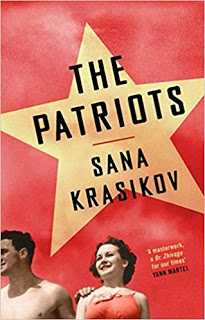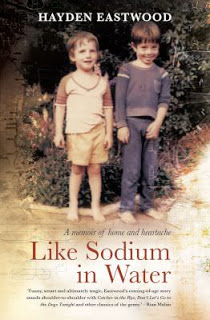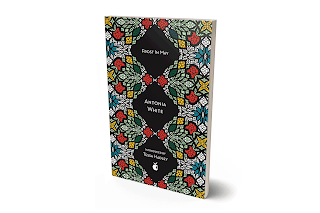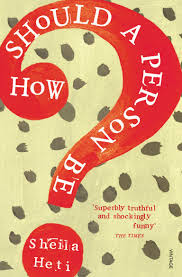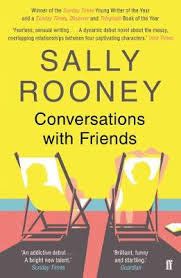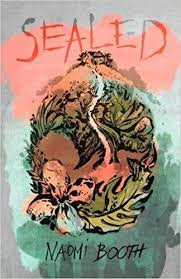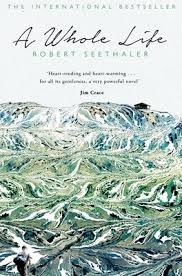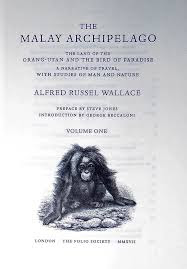
. . . I thought it safer to leave my case of arrack securely placed in the fork of a tree. To prevent the natives from drinking it, I let several of them see me put in a number of snakes and lizards; but I rather think this did not prevent them from tasting it. We were accommodated here in the verandah of the large house, in which were serveral great baskets of dried human heads, the trophies of past generations of head hunters . . I slept very comfortably with half a dozen smoked dried human skulls suspended over my head
I took my evening meal in the midst of a circle of about a hundred spectators anxiously observing every movement and critising every mouthful, my thoughts involuntarily recurred to the lions at feeding time. Like those noble animals, I too was used to it, and did not affect my appetite. . . I. . turned showman myself, and exhibited the shadow of a dog’s head eating, which pleased them so much that all the village in succession came to see it. The ’rabbit on the wall’ does not do in Borneo, as there is no animal it resembles.
Poets and moralists, judging from our English trees and fruits, have thought that small fruits always grew on lofty trees, so that their fall should be harmless to man, while the large ones trailed on the ground. Two of the largest and heaviest fruits known, however, the Brazil-nut fruit (Bertholletia) and durion, grow on lofty forest trees, from which they fall as soon as they are ripe, and often wound or kill the native inhabitants. From this we may learn two things: first, not to draw general conclusions from a very partial view of nature, and secondly, that trees and fruits, no less than the varied productions of the animal kingdom, do not appear to be organized with exclusive reference to the use and convenience of man


